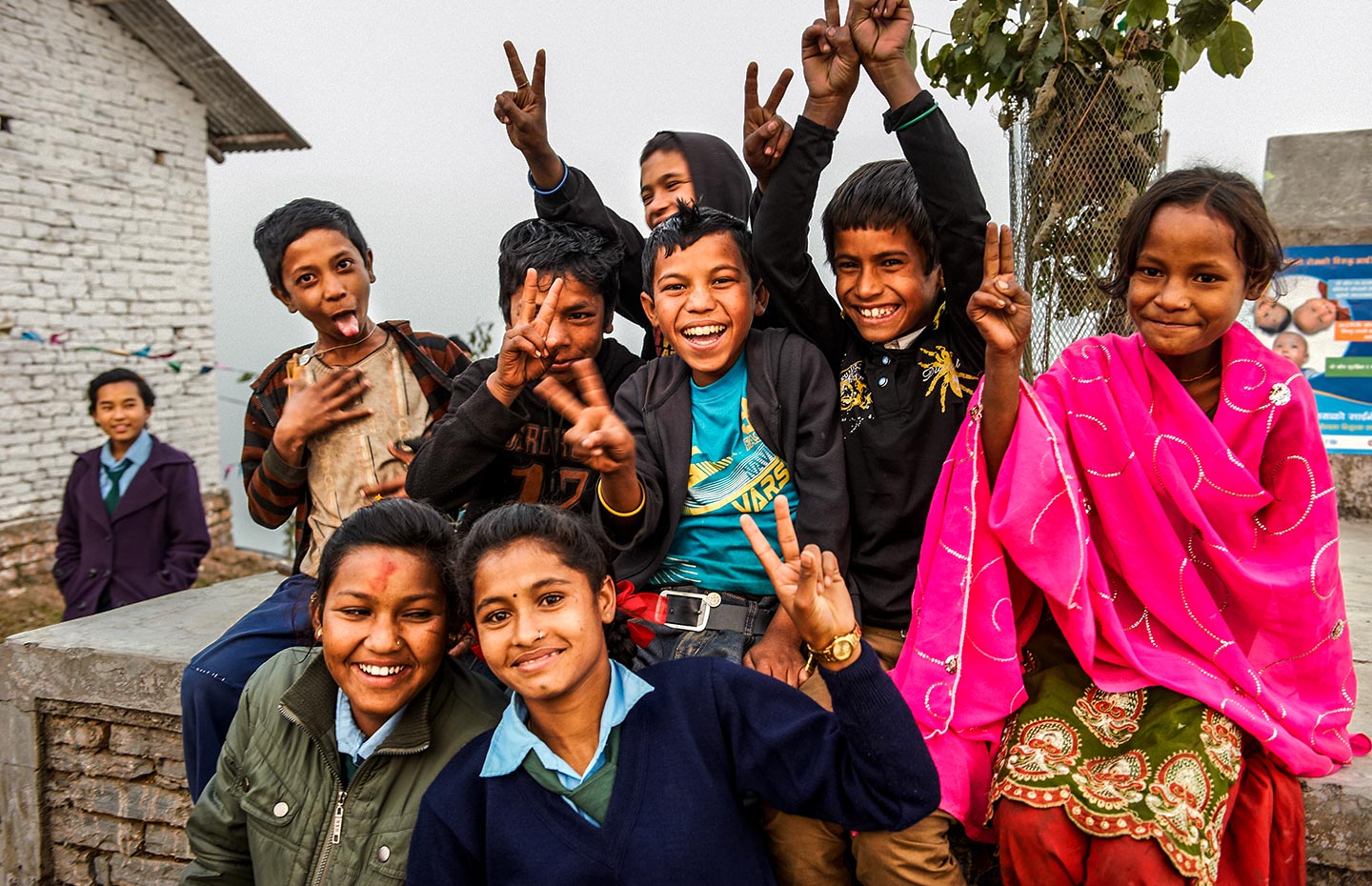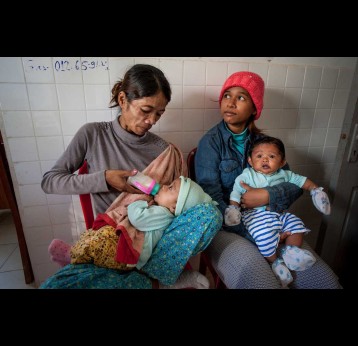Gavi has committed to increasing immunisation coverage by supporting countries to overcome gender-related barriers to accessing immunisation services and promoting equity of access for all genders to immunisation and related health services that respond to their different needs.
GAVI'S COMMITMENT
First approved by the Gavi Board in June 2008 and updated in November 2013, the Gavi gender policy recognises that overcoming gender-related barriers and ensuring equal access between genders is a key factor to expanding immunisation coverage and reinforcing health systems. In June 2020, a revised policy was approved by the Gavi Board, with three new goals:
- Focusing primarily on identifying and addressing underlying gender-related barriers faced specifically by caregivers, adolescents and health workers.
- In the specific pockets where they exist, overcoming differences in immunisation coverage between girls and boys.
- Encouraging and advocating for women’s and girls’ full and equal participation in decision-making related to health programmes and wellbeing.
Focus on addressing individual needs
This policy is focused on overcoming gender-related barriers faced primarily by caregivers, health workers and adolescents who are central to reaching zero-dose and underimmunised children, individuals and communities:
Caregivers: The gendered needs of caregivers should be at the heart of immunisation service delivery. Women are often the primary caregiver and face multiple barriers to accessing immunisation and health services. The Gender Policy seeks to transform gender roles by highlighting the importance of engaging men in caregiving to promote positive health seeking behaviours for both themselves and their families.
Health Care workers: 70% of the world's health care workers are female, yet only 25% of global health leaders are women. The Gender Policy seeks to recognise the difference in the needs of all genders in the health workforce to ensure their ability to work safely and effectively.
Adolescents: Reaching adolescents with the Human Papillomavirus (HPV) vaccine, amongst others, can create positive experiences with the health sector and build an enabling environment for a lifetime of health-enhancing behaviours for adolescents and their future children. Adolescents provide a unique opportunity to be gender-transformative, as it is during this period that cultural and societal norms are developed.
From other sites
Related content
Gavi works with countries to address gender-related barriers, and ensure all boys and girls have equal access to vaccines
This report presents the findings and lessons from an evaluation of the Gavi Gender Policy. The evaluation was conducted in 2012 by ICF Macro, Inc.



